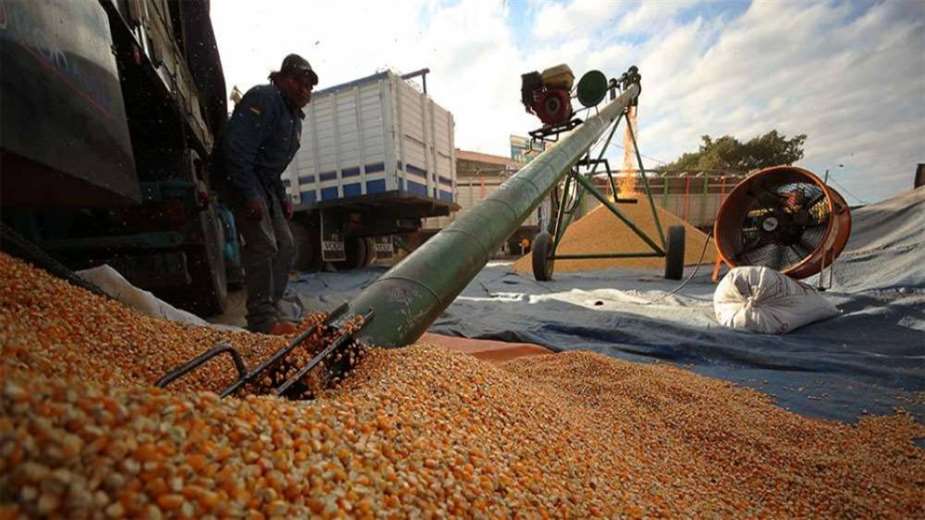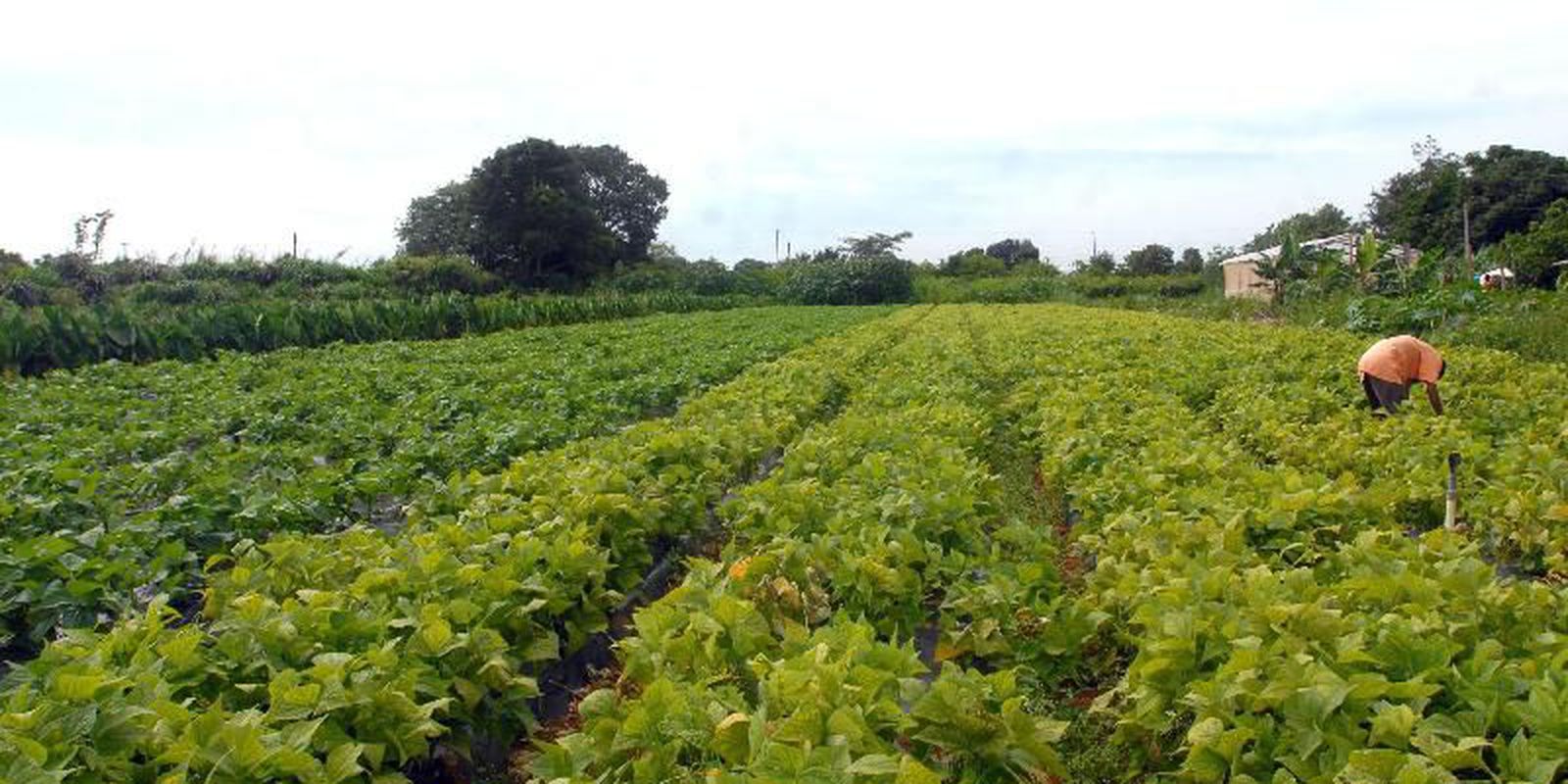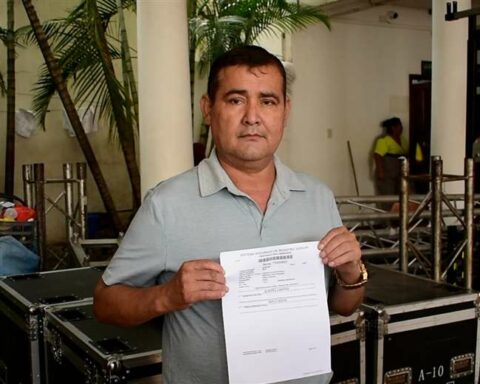For the winter season, the Food Production Support Company (Emapa) announced that will produce corn and wheat, to reinforce the national reserve of these grains. This was stated by the general manager of the state company, Franklin Flores, who also reported that the supply of grain subsidized by the firm will be audited.
The official made these statements on the program Las 7 en el 7, which is broadcast by the state channel Bolivia Tv.
Although he did not detail the extension of land in which the state company will produce, he assured that its own production will begin in the winter campaign and it will focus on corn and wheat products, to ensure a significant reserve of grains, which are highly demanded by the poultry and bakery sectors.
“We are going to intervene with the lands owned by Emapa by planting corn and wheat; we are going to alleviate the small producersWe are going to have larger volumes and reserve if there are food problems,” he said.
This, according to Flores, will allow an important reserve to avoid the lack of chicken meat, egg and bread.
The executive of the state company pointed out that corn will be subsidized with 10% less in relation to the market.
The previous week the dairy sector, the poultry and pig farmers denounced the lack of corn and requested authorization to import it and claimed that Emapa gives a limited quota of the grain.
However, Flores said that he will prioritize the productive sectors, but that there will be a rigorous control of the grain that is delivered to them because it will be given at a subsidized price.
“The cost of corn is subsidized. There are going to be larger volumes of corn and it has to be controlled, there must be a rigorous control and we are doing an auditnot only in this management, but of all the grain that was delivered”, he said.
He stated that the study will be carried out to prevent corn from being smuggled out to the detriment of the sectors that demand the grain and to identify to whom the grain is sold.
Moreover, flowers ruled out that Emapa has a monopoly in grain marketing and affirmed that the state company only has market space of between 20 and 30%.








